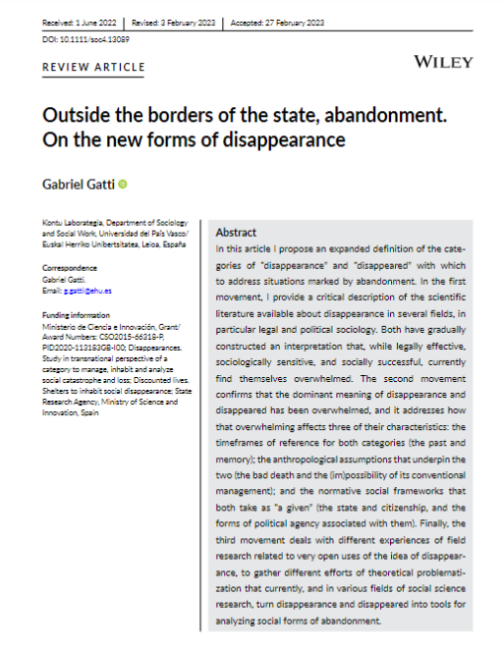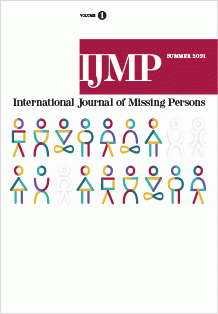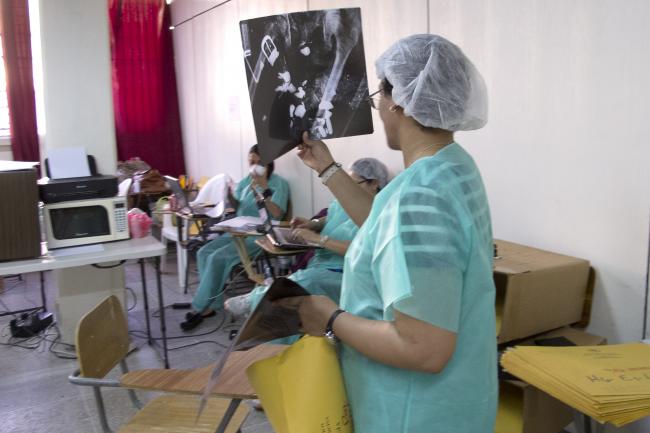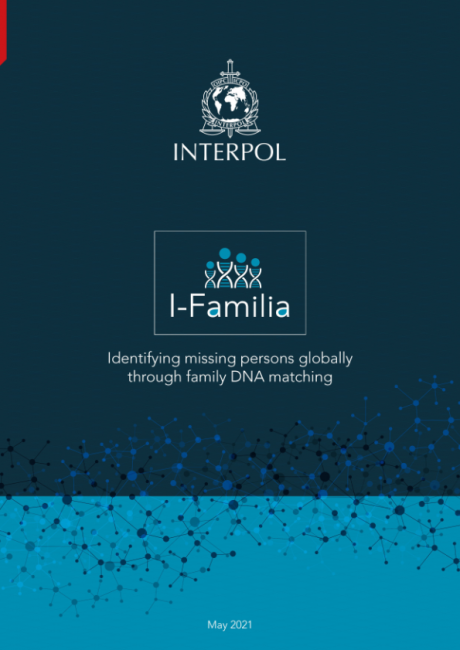
The ICRC AM/PM Database: Challenges in forensic data management in the humanitarian sphere
Large-scale forensic investigations should include a robust data management system with software capable of performing all tasks relevant to achieving the objectives of the investigation. Data management involves the collection, archiving, analysis and reporting of data. A successful data management system requires the development of protocols, procedures and policies, such as on data protection, as well as tools, including software. Adequate training for staff is also required, along with strict quality control and assurance regimens. In 2007, the ICRC launched its AM/PM Database to help fill a gap in readily available software to manage large quantities of data on missing persons and unidentified human remains. The database is now used in 14 countries around the world, including in Mexico and Central America where the ICRC advises the authorities on setting up search mechanisms and forensic data management systems, for addressing the issue of missing persons and the large number of unidentified dead, among them migrants that die in the region on route to the United States. The ICRC also works with various European nations to address the thousands of individuals who die annually while trying to cross the Mediterranean. The ICRC is currently working on the first major revision to the AM/PM Database, set for launch in 2018, based on challenges and lessons learned over the last decade in relation to forensic data management.







